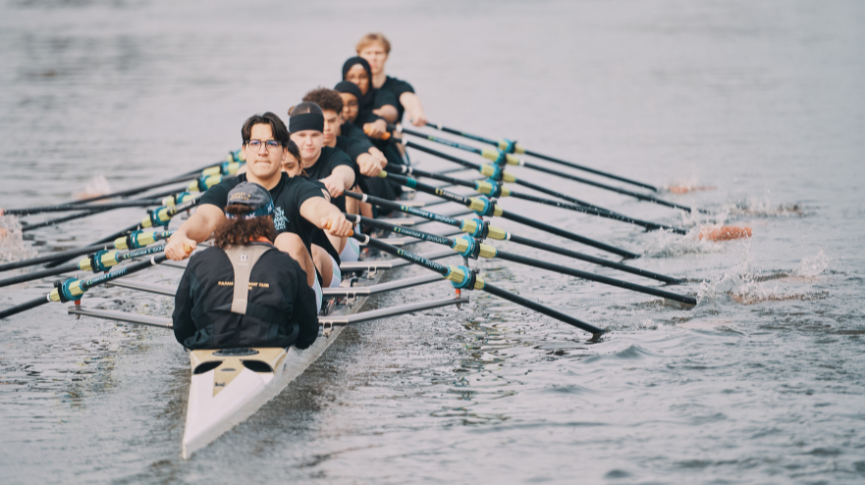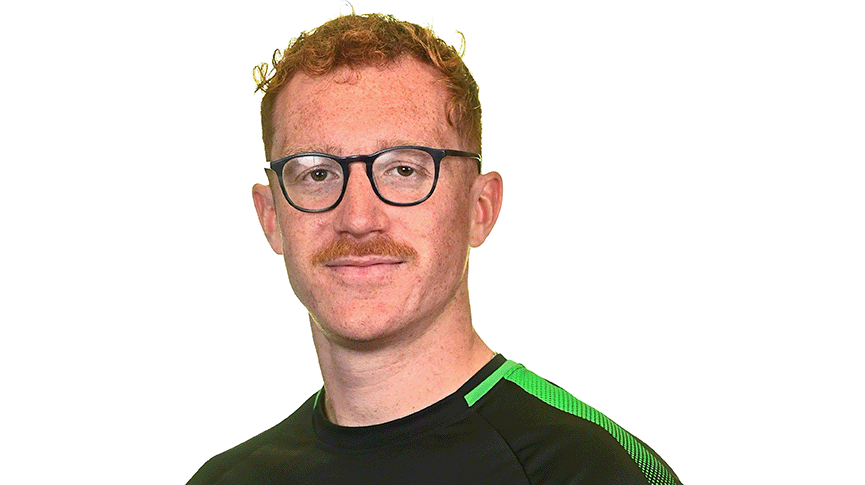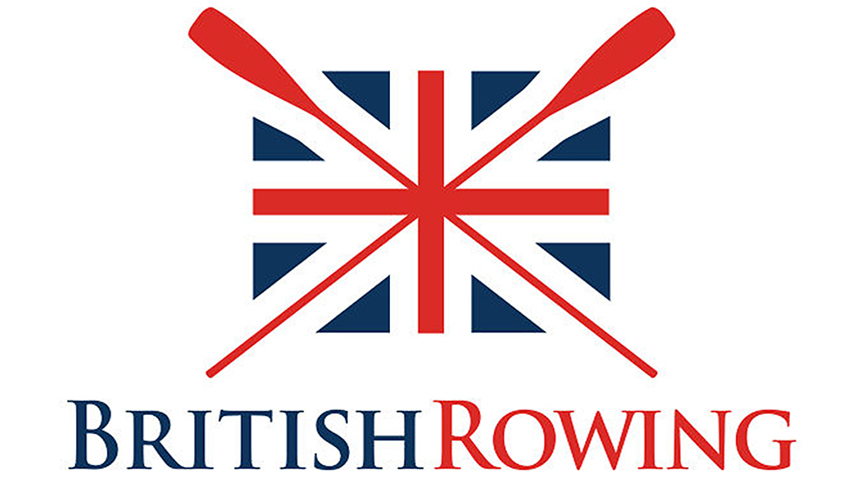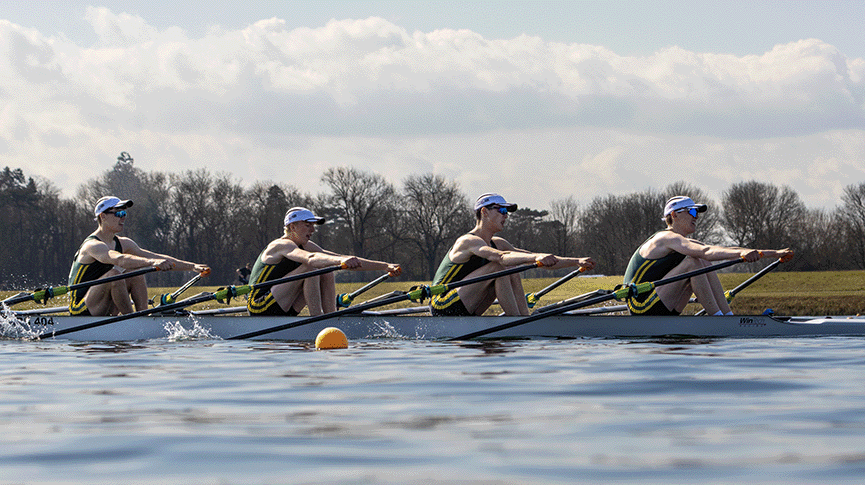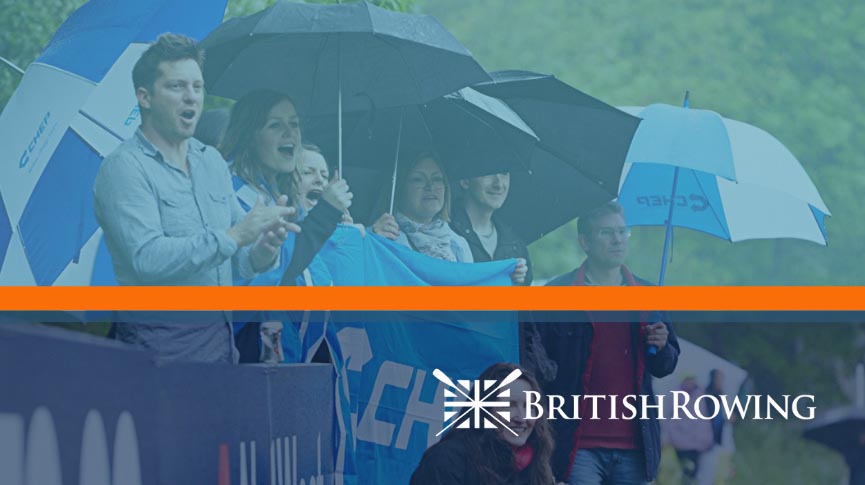All you need to know about World Rowing Cup II in Poznan
World Rowing Cup II takes place in Poznan this weekend, with the first appearances of crews from a number of heavyweight rowing nations. Find out more here
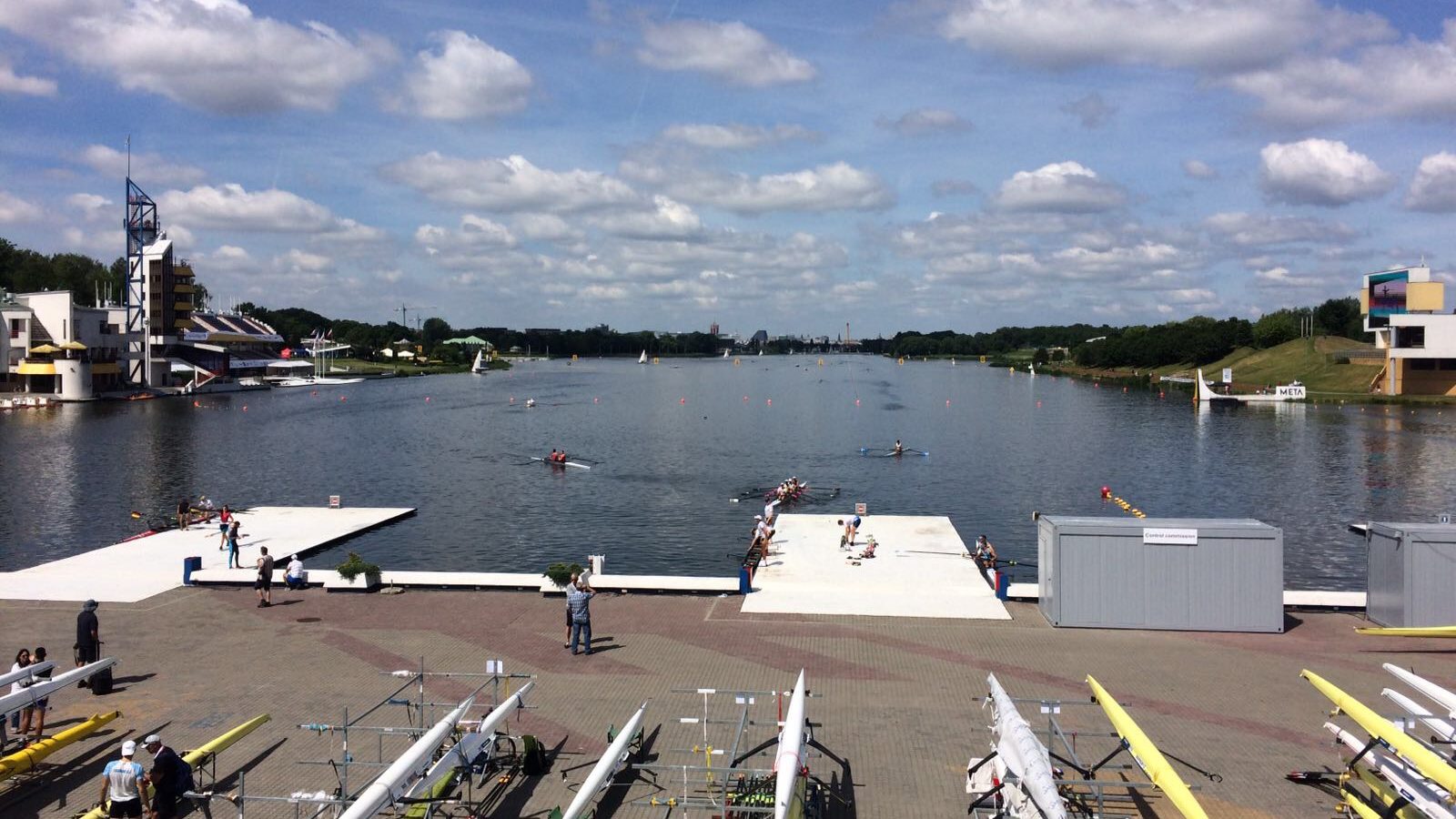
Lake Malta, Poznan
About Poznan
Poznan sits on the Warta river in west-central Poland. With a population of over 550,000, Poznan is one of Poland’s largest cities, and those residents enjoy a high standard of living, according to recent rankings.
Rowing takes place on Lake Malta – a 2.2km artificial lake, formed in 1952. When not on the water, one can visit the zoological garden, the artificial ice rink, the narrow gauge railway and even an artificial ski slope – all of which line the edge of the lake.
Poznan hosted the World Rowing Championships in 2009, where Great Britain won six medals, including a gold for the men’s four. GB also won two golds in the Para-rowing events through Tom Aggar (ASM1x) and the LTA mixed coxed four.
When will they be racing?
It will be another busy weekend of racing, with 24 events to get through – including five Para-rowing events. Heats, repechages and quarter-finals dominate day one, with every competitor taking to the water before day’s end.
More repechages are scheduled to take place on Saturday, as well as semi-finals for five events. Also on Saturday are the A and B finals for the Para-rowing events and for three of the four non-World Cup events.
Sunday sees the rest of the finals take place, with racing starting at 8.35 UK time. The A finals begin an hour later, with the final race – the men’s eight – at 12.48.
Click here for the full schedule.
How can I watch the racing?
Once again, the BBC will be showing live action from the A finals on Sunday, with coverage starting at 9.45 UK time on the Red Button and online.
There will be an hour-long highlights package, filmed at Henley Women’s Regatta, broadcast on BBC2 at 5pm, presented by Sir Matthew Pinsent and Dame Katherine Grainger, with guest appearances from several GB Rowing Team members.
You can also follow live text coverage across all three days on the British Rowing Twitter feed, as well as getting behind-the-scenes footage on Instagram. Daily reports will be posted on the British Rowing website.
Live coverage of Sunday’s A finals will be streamed on the World Rowing website, as well as live tracking every race throughout the weekend. Click here for more information.
Who’s in the Great Britain team?
A number of illnesses led to a couple of changes to the GB team in the run-up to the World Cup. Two of the four medal-winning boats from the European Championships return, with Vicky Thornley looking to challenge for the podium once again, having finished second in the first World Cup in Belgrade.
Katherine Copeland and Emily Craig, bronze medallists in Racice, are named in the lightweight women’s double scull once more, but the women’s quad are absent due to illness.
The men’s pair will not race, with the World Rowing Cup-leading duo of Matt Rossiter and Jacob Dawson already deployed on different boats. Rossiter joins the men’s four in place of Callum McBrierty, who returns to the eight; Dawson has also been selected in the eight, which is missing Rio gold medallist Tom Ransley after he underwent an emergency appendectomy.
Tom Barras and young Scot Josh Armstrong will race the single scull, while Leander Club captain Nick Middleton makes his first appearance of the season after injury in the double alongside Frazier Christie.
John Collins returns to the quadruple scull after missing the Europeans at the last minute through illness – he joins Jack Beaumont, Jonny Walton and Peter Lambert in the boat. A second quad is also entered, featuring a number of lightweight scullers.
A lightweight single has been entered, with Zak Lee-Green in the boat, and the lightweight pair combination of Joel Cassells and Sam Scrimgeour returns.
World Class Start graduate Alice Baatz joins Thornley in the single scull event, while Georgia Francis and Emily Carmichael return in the double scull, having won their B final in Racice three weeks ago.
Baatz’s fellow reserves from Racice, Beccy Girling and Anastasia Chitty, team up in the women’s pair, and Karen Bennett comes in to the eight as a late replacement for Fiona Gammond. A second lightweight double is entered, with Ellie Piggott and Gemma Hall making their first international appearances of the season.
In the Para-rowing events, GB fields a Paralympic gold medal-winning duo of Lauren Rowles and Laurence Whiteley in the PR2 double. Whiteley has already raced this season at the Gavirate International Regatta, winning gold and bronze in the single, but Rowles is set for her first race of the year.
Who else will be there?
A number of non-European countries will be making their bow for the 2017 season in Poznan, with New Zealand, Australia, China and the USA all sending teams.
The formidable US women’s eight, unbeaten for 11 years in World or Olympic competition, returns with just one member of the Rio 2016 winning crew, while China shows off its squad depth by entering two of the five eights in the women’s event.
Despite the absence of World Rowing Cup leaders Peter Chambers and Will Fletcher, the lightweight men’s double looks set to be another humdinger of an event, with reigning Olympic and European champions Jeremie Azou and Pierre Houin (France) back to battle with Irish brothers Gary and Paul O’Donovan, who finished second in Racice.
Thornley will also face another tough battle for a medal, with Rio bronze medallist Jingli Duan (China) back in the fold, as well as European Championship silver medallist Ekaterina Karsten (Belarus) and World Cup I bronze winner Magdalena Lobnig (Austria). Lauren Schmetterling (USA) is an interesting prospect as well, having won gold in the eight in Rio – going from the largest to the smallest boat for the start of the 2017 season.
And it’s the start of a new era for New Zealand in the men’s pair, with Eric Murray hanging up his oar and Hamish Bond currently racing his push bike in the British time trial scene. The Kiwis send two pairs to Poznan, with Thomas Murray – from the Rio eight – and James Hunter – from the Rio lightweight four – in one of the boats.
How the World Cup series works
Three World Cup events take place each year; 2017 sees the series visit Belgrade, Poznan and Lucerne.
Each of the World Cup regattas offers racing for the 14 Olympic boat classes, with a handful of International boat classes also offered. World Cup points are only awarded for the Olympic disciplines, however.
Finishing first in an Olympic class event gives your nation eight points; second nets you six points, third place is five points and down to one point for finishing seventh. Should one nation have two boats in the top seven, only the highest placed boat will be awarded the points.
Points are added up across all three regattas, with the nation holding the most points in each boat class denoted by a yellow bib.
At the end of the series, there are winners of each Olympic boat class, as well as an overall winner – the nation that has won the most points.



